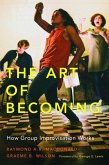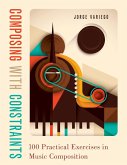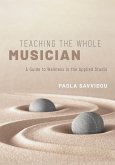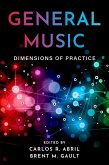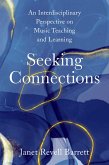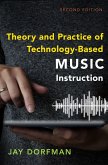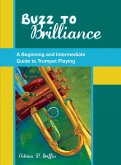Curriculum decisions are the foundation of education. They determine the knowledge, understandings, skills, attitudes, and values deemed necessary for today's students. Beyond musical competencies, a curriculum is, therefore, the most important responsibility facing music educators?one that goes well beyond the skills of simply delivering an individual lesson and accounts for beneficial outcomes for individual students, graduates, and ultimately the world of musicing. Oddly, however, curriculum theory and design for music education have been left to the sidelines in undergraduate music education. And it is usually no more on the radar of in-service teachers, despite the fact that the U.S. politics governing school curriculum are constantly in public view (e.g., U.S. "No child left behind," "Common Core").
Curriculum Philosophy and Theory for Music Education Praxis remedies this with a practical overview of curriculum basics and their implications for music education. Mindful of traditional philosophical roots of curriculum-foundations that still impact contemporary strategy, author Thomas A. Regelski offers a model curriculum based on recent praxis theory in which musical and educational benefits are evident to students, administrators, and taxpayers who ultimately fund music programs.
Dieser Download kann aus rechtlichen Gründen nur mit Rechnungsadresse in A, B, BG, CY, CZ, D, DK, EW, E, FIN, F, GR, HR, H, IRL, I, LT, L, LR, M, NL, PL, P, R, S, SLO, SK ausgeliefert werden.



